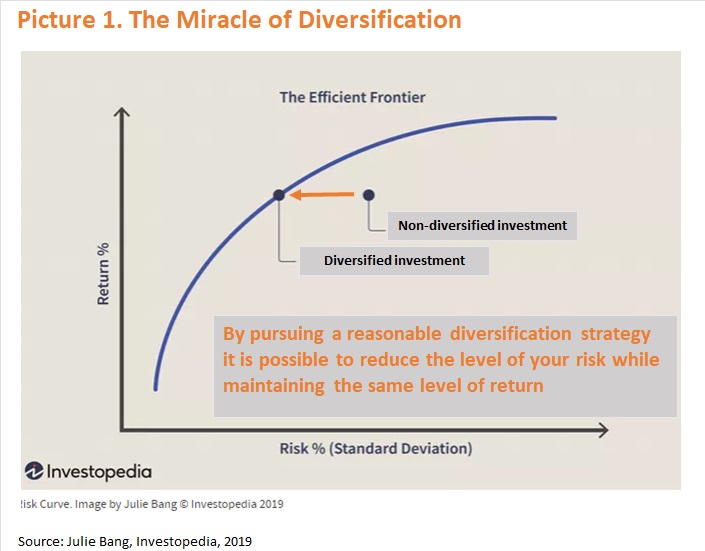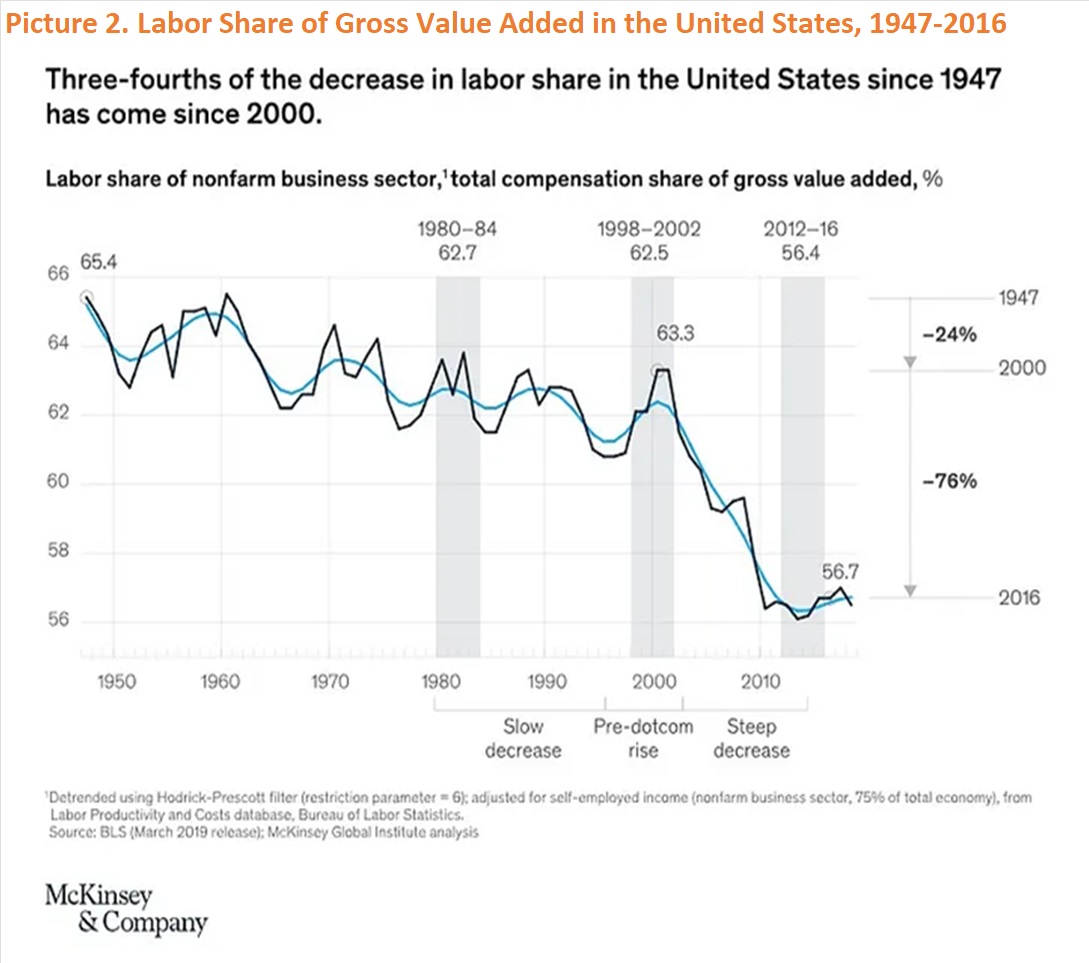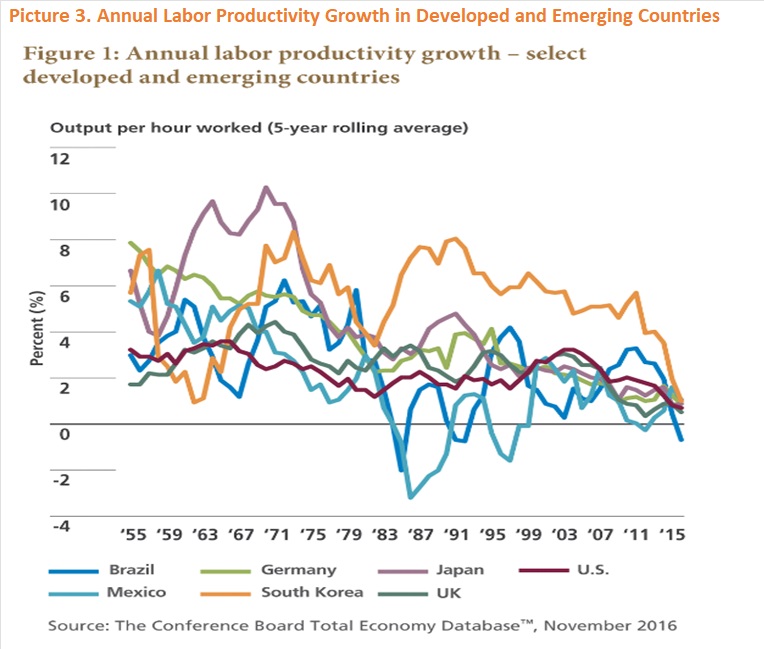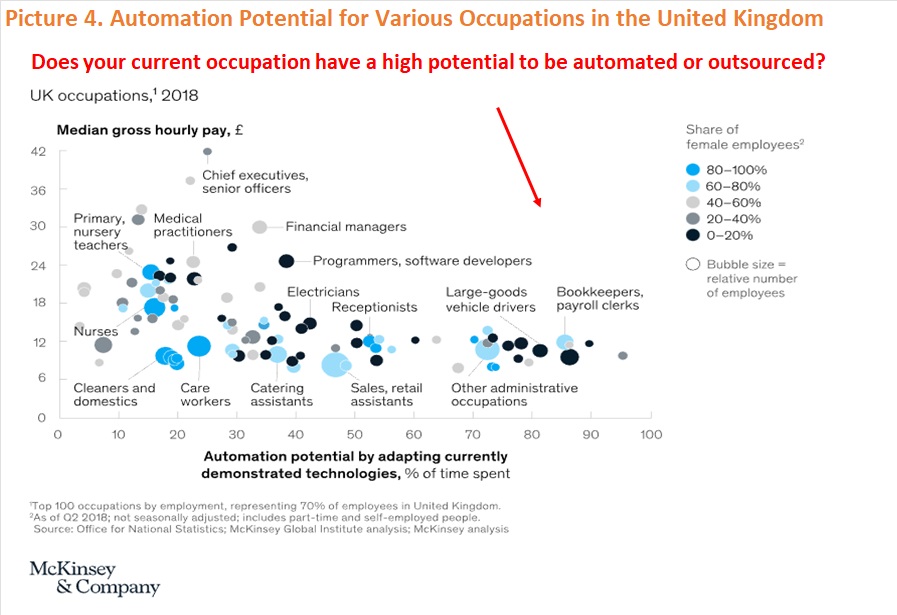Diversifying Your Investment Portfolio and Your Gender Profile
A few years ago I came across an “inspirational” story for those who wanted to retire a bit earlier. A Swiss man had formally changed his gender to retire one year earlier at a cost of just 75 Swiss francs ($79 or €80) (See Reference 1 below).
Some even argued that now it might be possible for a 17-year-old Swiss male to legally change his gender to avoid military conscription. At the age of 30 s(he) would be able to “transition” back to become a male again.
In 2024, various media outlets reported that Spanish male soldiers had also exploited the peculiarities of Spain’s self-ID law by legally changing their gender, allegedly to claim benefits intended for women (see Reference 2 below).
One would say that this is just the example of a legal loophole. However, this is the example of the power of diversification too.
Diversification is the “Holy Grail” of the financial world: by spreading your investments you are able to achieve a lower level of risk without reducing your return (see Picture 1 below).

However, this notion may be applied to other areas of life too. You may diversify your professional skills to become more competitive in terms of your career, your social connections to become less reliable on the same old circle of friends, your consumer choices to become more versatile in terms of consumption, or your health and beauty status to become more attractive in the marriage market. Nowadays you never know how long your marriage is going to last…
Diversifying Your Career Paths
Why is diversification so important in terms of labor market these days?
The thing is that there has been a trend not to place a particularly high value on labor in recent years (see Picture 2 below).

One explanation may stem from the fact that labor productivity has experienced dramatically lower rates of growth (see Picture 3 below). As a result, the “average” employee is not expected to make a significant contribution to the success of his or her company.

Additionally, globalization enables companies to outsource many jobs overseas or attract migrant workers. This certainly undermines the competitiveness of local workers and their wage bargaining power.
What could be your rational response to this situation, if you are this unfortunate “average” employee?
In order to gain a competitive advantage you may start looking for a different occupation or you may start thinking about improving your professional skills if your current occupation has a high potential to be automated or outsourced (see Picture 4 below).

Your should also be mentally prepared to leave your current job at any moment. The strategy of building a long-term career within one organization is rapidly becoming less effective. Furthermore, the higher you climb the corporate ladder, the more likely it is that you will have to leave your current job due to the rising competition for a small number of well-paid positions.
In short, today diversifying your career paths is a necessity rather than a choice if you want to thrive professionally and financially in the long term.
Diversifying Your Social Portfolio
So what about diversifying your personal relationships or even your marriages?
In the United States, for example, the share of adults between the ages of 25 and 54 years who were unpartnered has increased from 29% to 38% since 1990, while the share of married people has declined from 67% to 53% (see Reference 3 below). At the same time, the average age of first marriage has already exceeded 30 years in many countries. In Norway, it has reached 35.4 years: 36.7 years for men and 34.1 years for women, according to the Norwegian Institute of Public Health.
There are many reasons why this trend has been strengthening around the world. Still, the economy lies at the root of this shift. Historically, the family was a biological and economic institution whose primary purpose was to control and regulate sexual behavior, human reproduction, and economic activities (for a general introduction to this topic, see Reference 4 below).
Scientists also claim that historically men, if they could afford it, indeed, preferred to choose women based on their appearance, since “beauty”, or rather the proportional facial and body features, indicated the biological health of a girl. At the same time, women preferred to choose men based on their social and financial status since it indicated their ability to support the family.
Perhaps, that is why, in our time of increasing female emancipation and male feminization, economic factors are gradually becoming less important. As a result, the family is losing its economic function too.
In fact, early “love”-based marriages reached their apogee in the Western world only in the aftermath of World War II. In previous centuries and even millennia, the situation was different. Most often, people started families for financial reasons. They frequently remained unmarried. They also tended to change partners during their lifetime. 1/3 of all marriages in Manchester, England in the 1650s, for example, were second or even third marriages for at least one partner. 13% of French women born in 1800, and 19% of Swedish ones born in 1850, never married. Nor, in the late 18th century, did 20% to 25% of upper-class English women. The Lady’s Magazine lamented in 1773 that “the men marry with reluctance, sometimes very late, and a great many never at all” (see Reference 5 below).
In principle, modern sociologists believe that the trend of several marriages or long-term relationships during one’s lifetime is most likely already replacing this post-war idyll of one true love “till death do us apart” (see Reference 6 below).
This is not to say that you should join this trend. Still, if your family life is happy, consider yourself an extremely lucky person. Some experts believe that it is impossible to marry “the right person” altogether blaming inflated premarital expectations based on romantic attraction (see Reference 7 below). If you need some evidence, just check out the divorce statistics in your country.
The Friendship Recession
What about your friends?
According to the American Perspectives Survey, “the percentage of U.S. adults who report having no close friends has quadrupled to 12% since 1990, while the percentage of those with ten or more close friends has fallen by nearly threefold. The foundations of the crisis were laid long before lockdowns. For decades, Americans consistently spent about 6.5 hours a week with friends. Then, between 2014 and 2019, that number plummeted to just four hours per week…Solitude is becoming more than a preference — it’s becoming a default.” (see Reference 8 below).
Solitude is not a necessarily a bad thing. As Edward Gibbon put it back in 1776: “Conversation enriches the understanding, but solitude is the school of genius.” (see Reference 9 below). Some psychologists even suggest that you should diversify your social circle in order to avoid a burnout.
This is because “Times change, and we change with them,” as ancient Romans used to say. So you may change in one way, while your friends may change in a different way. Diverging interests, views, and opportunities usually mean that close friends become just acquaintances.
The Unexpected Consequences of Not Putting All Your Eggs in One Basket: More Stress and Anxiety
In general, diversification in terms of your career paths, your social connections, your consumer choices, and your health and beauty status is good for you because it reduces your own risks while raising the prospects for potential return.
Somewhat ironically, though, for your employers, friends, retailers, or partners the prospects look somewhat different. For them, to use financial jargon, you become a “high-beta asset.”
This implies that there is a higher potential return from interacting with you since you have more skills, more sociable, more versatile in your consumer tastes, earn more, and are attractive.
However, it also implies there is a higher chance you will “dump” them at some point in the future. To reduce their risks they start diversifying themselves, thus raising risks for you.
Perhaps, this is the reason why nowadays so many people feel distressed despite higher potential life “returns” since the level of stress (risk) that they endure on their way to some conventional happiness is even higher.
This means that the risk-return trade-off is non-linear, thus implying that for each unit of POTENTIAL return (conventional happiness) people endure a substantially higher level of REALIZED risk (stress). And it makes them feel deeply unhappy.
That is why so much emphasis is put on loyalty. To reduce their risks in dealing with you other people will try to get you attached emotionally. So, next time your employer, friend, retailer, or partner says something about loyalty, you should know that they just hedge their risks in dealing with you.
Personally, I would prefer loyalty combined with honesty. Scientists say, however, that children who lie a lot are smarter. And they are likely to do well later in their lives (see Reference 10 below) because humility, modesty, and shyness, even if you work hard, will not help you become successful.
It may sound cynical but in order to punch above your weight in the age of low labor productivity and real wage growth, coupled with automation and outsourcing, you should be able to market yourself and eventually sell yourself above your real value!
References:
- “A Man Changed His Gender to Retire Earlier,” Gaston de Persigny, The European Times News, February 11, 2022.
- “Spanish Soldiers Have Exposed the Flaw in Gender Self-ID,” Mark Nayler, The Spectator, March 8, 2024.
- “Rising Share of U.S. Adults Are Living Without a Spouse or Partner,” Richard Fry and Kim Parker, Pew Research Center, October 5, 2021.
- “The Story of Civilization. Our Oriental Heritage,” Will Durant, Simon & Schuster, 1935.
- “Anti-Nuclear Reaction,” The Economist, December 31, 1999.
- “Should You Leave a “Good Enough” Marriage in Search of One Last, Late Love?,” Victoria Lambert, The Daily Telegraph, February 15, 2018.
- “Why You Will Marry the Wrong Person,” Alain de Botton, The New York Times, May 28, 2016.
- “The Friendship Recession: The Lost Art of Connecting,” Carolyn Bruckmann, Harvard Kennedy School, Center for Public Leadership, February 2025.
- “The History of the Decline and Fall of the Roman Empire,” Edward Gibbon, Strahan & Cadell, London, 1776.
- “Is Your Child Lying to You? That’s Good,” Alex Stone, The New York Times, January 5, 2018.

